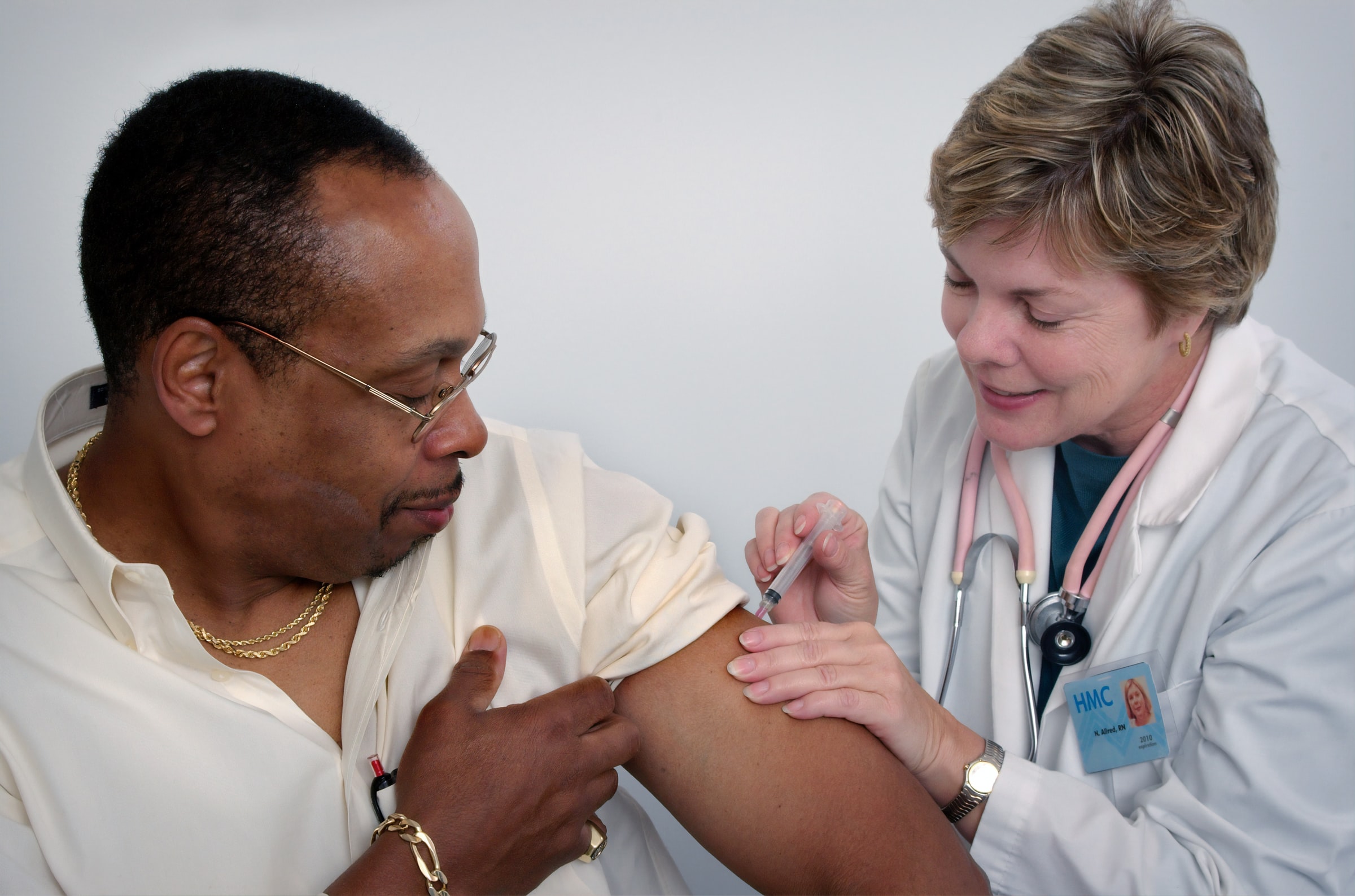This June marked 40 years since the first cases of what is now known as HIV, then AIDS, were reported by CDC. We have made great progress in HIV testing, prevention, and treatment in the last four decades. Reductions in the number of people that get HIV likely reflect more access to HIV prevention tools...Continue reading
Category: Disparities
Booster Vaccinations: An Important Tool to Continue COVID-19 Protection
Men’s Health Network (MHN) applauds the recommendations from CDC and NIH announced on August 18, 2021, to make COVID-19 booster vaccinations available for those who are at higher risk of COVID-19 infections, including nursing home residents, health-care providers, and those over 65 years of age. These were the majority of those to first get vaccinated...
Leading Causes of Death and Greater COVID-19 Impact on Men in the U.S.
As life starts to return to a “new” normal from the COVID-19 pandemic, we are coming to a point where the number of COVID-19 cases are increasing, but more and more individuals are able to receive the COVID-19 vaccine in the U.S. Over the course of the pandemic, we have seen COVID-19 take the lives...Continue reading
Dole’s career distinguished by efforts on behalf of men’s health
With his usual directness and humility, former Kansas senator and Republican presidential candidate Bob Dole, 97, announced in February that he is suffering from lung cancer. It was the second time he had announced a cancer diagnosis, but less exceptional than the first time. In 1991, his office released the news that he had undergone...
Why Is Emotional Health Stereotyped as a Woman’s Issue?
The age of social media has seen the normalization of various aspects of life previously considered taboo. A primary example of this is mental health awareness. Instagram and Twitter are overflowing with examples of females (some with large followings) sharing vulnerable stories about their struggles with depression, anxiety, and more. They openly discuss their journey...Continue reading
A Worried Mind: COVID-19 Wreaks Havoc on Men’s Health
The onset of the pandemic in 2020 led to a substantial increase in mental health challenges. In their August 2020 report, the Centers for Disease Control (CDC) reported that the “prevalence of symptoms” of anxiety and depression were more than three times higher than they were a year before. Roughly 40% of respondents to their...
Indigenous Erasure Places Natives in the Path of Pandemic Hardship
The COVID-19 pandemic has overwhelmed minority communities chronically neglected by the healthcare system. The incalculable impact on Alaska Native and American Indian (AN/AI) communities exemplifies all too well the consequences of indigenous erasure on pandemic resiliency and recovery.
It’s Not Easy Being Big: Overweight Men Suffer Discrimination at the Mall and At Work
Dear Healthy Men: A few weeks ago, you did a column on how short men face discrimination when compared to taller men. I’m wondering whether the same kind of thing applies to men who are overweight or obese. A: Although we all know that we’re not supposed to judge books by their cover, the truth is...Continue reading
Fighting for Health Equity Year ‘Round: National Minority Health Month
April is National Minority Health Month, making it the perfect time to focus on the often-significant disparities in health and wellbeing that affect racial and ethnic minorities across our country. But it’s important to remember that these inequities exist every single day of the year, not just in April. What do we mean by “disparities”...Continue reading
Researchers test ways to encourage healthier lifestyle in African-American men
African Americans could expect to live 14.6 fewer years than white Americans in 1900 but the gap between the lifespan of African American men and white men was slightly smaller at 14.1 years. By 2015, the gap for both sexes had shrunk to 3.4 years, based on Centers for Disease Control statistics, though the gap...










